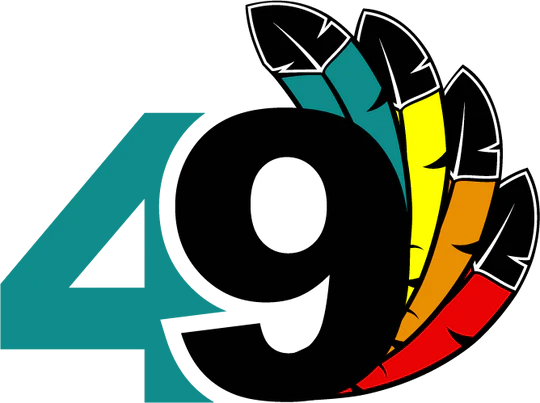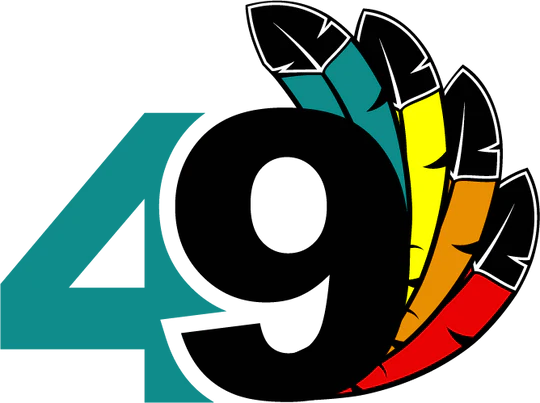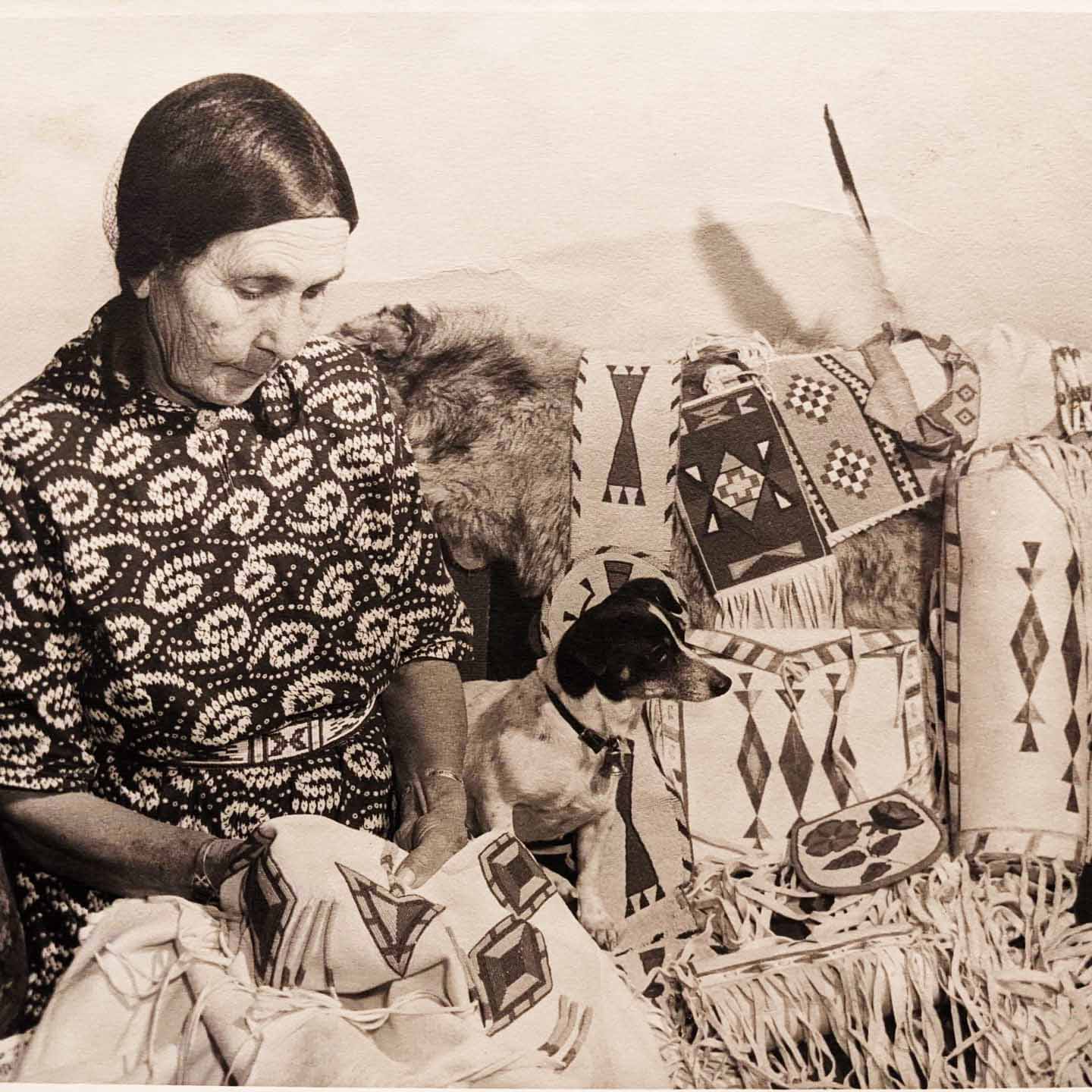Recently, I received an invitation to an Indigenous tourism event with an $1800 price tag. That's just the cost of the registration for the three-day event. That doesn't include hotel, airfare, and ancillary expenses that would be accrued. This isn't just about an expensive ticket - it's about how Canada's treaty obligations to First Nations are being diluted through intermediary organizations that bypass tribal consultation and sovereignty, and that comes with a multi-million dollar price tag for tribes.
As a status First Nations business owner, I've sat through countless Indigenous tourism meetings where I'm often one of the only status members present. The faces around these tables rarely look like mine, yet decisions about Indigenous tourism and business development are being made in these spaces. Recently, when I suggested consulting with local tribes about a tourism project directly impacting their territories, I was met with resistance and dismissal from non-Indigenous leadership. This response exemplifies a troubling pattern: Indigenous voices advocating for proper tribal consultation are often seen as obstacles rather than essential participants.
The federal government appears to be taking advantage of organizations like the Indigenous Tourism Association of Canada (ITAC) to create a buffer between their treaty obligations and actual Indigenous communities. By funneling millions through these intermediary organizations, they're effectively diluting their direct responsibilities to First Nations while creating expensive barriers for status-owned businesses to access support meant for them.
Last year, I was invited to speak at an Indigenous tourism event. Just days before the event, I was called and told that the provincial Indigenous tourism organization CEO had decided they didn't want me to speak, because three years earlier, my business had made a social media post echoing several news media outlets across the country calling out organizations that are led by non-status or non-Indigenous people who do not understand or follow proper protocols regarding consultation, culture, etc, and some heads of those organizations were being paid massive bonuses (during the pandemic). After my husband and I made it clear that disinviting a Two-Spirit, autistic, business owner from an event where people expected me to speak would look quite bad from a public relations perspective, especially since it was conveyed to us that the decision came from the non-Indigenous CEO, they changed their minds. A day later, the only status member of the organization called and said they were going to disregard the orders of their boss and they were reinviting me to speak. This really highlights not just a troubling pattern with the funding of Indigenous Tourism organizations, but also the behaviour of those in charge. I was told the board of the provincial Indigenous tourism group wanted to meet with me to speak after the holidays following this event, but sadly they never reached out. These middlemen organizations are gatekeeping spaces meant to be inclusive of status Natives across Canada, yet consistently I hear from status-owned businesses about how they aren't included, or how they didn't receive funding or help.
We're often invited to these business spaces not as decision-makers, but as tokens whose presence can legitimize decisions already made by others. Our skin color becomes a stamp of approval for initiatives that haven't gone through proper tribal consultation. This is a modern form of colonialism dressed up as inclusion.
The reality is that true Indigenous business support shouldn't require status-owned businesses to pay thousands just to access opportunities. These resources should flow directly through our tribal governments, who understand their members' needs and can ensure fair distribution. Every initiative impacting Indigenous communities should begin with tribal consultation - not as an afterthought, but as the foundation.
When I attend Indigenous tourism events with their steep entry fees, I'm struck by how these spaces have become increasingly disconnected from the communities they claim to serve. The federal government's treaty obligations weren't meant to be outsourced to organizations that may not have deep connections to our communities or understanding of our protocols- organizations that have no mechanism in place to ensure accountable for proper and equitable distribution of funding. Tribes may not do a much better job, but at least tribes getting the funding would mean it goes into tribal communities in whatever way they decide it should be allocated. Instead, that right given through treaty has been revoked by the Government of Canada- at least where Indigenous tourism is concerned.
This system isn't just inefficient - it's harmful. It creates barriers for legitimate status-owned businesses while allowing others to profit from Indigenous identity without proper accountability to our communities. Every dollar spent on expensive event tickets is a dollar that could be going directly to Indigenous business development through proper tribal channels.
The solution isn't complicated, though it requires political will: Honor treaty obligations by working directly with tribal governments. Every initiative, every program, every dollar meant for Indigenous business development should involve proper tribal consultation and respect for tribal sovereignty. Our tribes have sophisticated governance systems and deep understanding of their communities' needs. They're not just stakeholders - they're rights holders with whom the Crown has direct treaty obligations.
As Indigenous business owners, we need to keep pushing back against systems that try to separate us from our tribal communities. True Indigenous business support means respecting tribal sovereignty, ensuring proper consultation, and recognizing that our tribes are the appropriate authorities for directing resources to their members.
The path forward requires dismantling these expensive barriers and middleman organizations that dilute treaty responsibilities. It's time to return to direct Crown-tribal relationships that honor our treaties and respect our right to self-determination.



Leave a comment
This site is protected by hCaptcha and the hCaptcha Privacy Policy and Terms of Service apply.